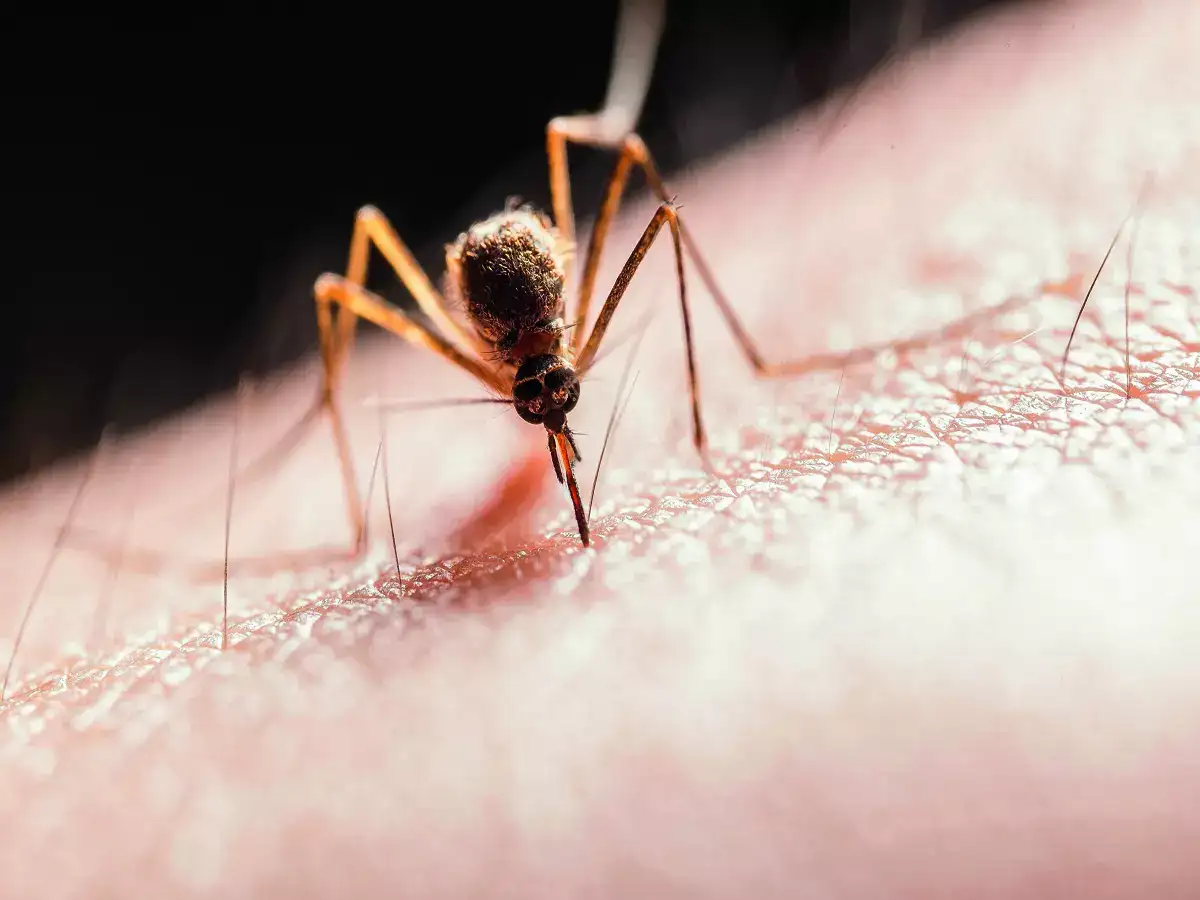Bengaluru has emerged as the epicentre of a worrying dengue fever outbreak, now accounting for nearly half of the state’s reported cases.
This sharp rise in infections has triggered a city-wide public health response, with authorities scrambling to halt the spread of the mosquito-borne disease. The unfolding situation underscores the critical link between urban infrastructure, waste management, and public health, highlighting the urgent need for a cohesive, eco-friendly, and equitable approach to building resilient, sustainable cities. The recent spate of rainfall has transformed numerous parts of Bengaluru into ideal breeding grounds for the Aedes aegypti mosquito, the primary vector of dengue fever. Waterlogged streets, inadvertently brimming flowerpots, and discarded containers littering construction sites and backyards have collectively become prolific hotspots for mosquito propagation.
Between Jan and April 30, the state recorded 1,186 cases, with six requiring hospitalisation. Bengaluru has emerged as the hotspot, reporting nearly half the cases (522), followed by Tumakuru (78). According to health department data, in just one month, dengue cases jumped from 707 (as of the week ending March 2) to 1,186 by the end of April — a 65% jump even before peak transmission season begins. Fifty-one of the cases were children aged under one, and 553 aged under 18. This proliferation of breeding sites directly challenges the city’s environmental sustainability goals, as poor urban sanitation and inadequate drainage systems create vulnerabilities that compromise overall public health and quality of life.
In a concerted effort to tackle this burgeoning public health crisis, the state health department, in robust collaboration with the Bruhat Bengaluru Mahanagara Palike (BBMP), has launched an intensive public awareness and mitigation campaign titled “Check, Clean, Cover.” This proactive initiative has seen the deployment of over 240 dedicated health inspectors and 700 volunteers, who are meticulously scouring neighbourhoods. Their mission extends beyond identifying potential breeding grounds; it encompasses educating residents comprehensively on preventive measures, fostering a sense of collective responsibility towards maintaining clean and safe environments.
The campaign is strategically focused on areas particularly prone to waterlogging and high population density, regions where the risk of dengue transmission is demonstrably elevated. Dengue fever, a viral illness, typically manifests five to seven days after a bite from an infected mosquito. Symptoms commonly include sudden high fever, severe headaches, intense body pain, and overwhelming fatigue. In more critical instances, the condition can escalate rapidly, leading to serious complications such such as internal bleeding or dangerously low platelet counts, necessitating immediate medical intervention. Public health advisories for Bengaluru residents are clear and imperative. Individuals experiencing persistent fever accompanied by symptoms like abdominal pain, vomiting, diarrhoea, or profuse sweating are strongly urged to seek immediate medical consultation. To curtail further spread, officials are recommending the adoption of simple yet effective preventive practices. These include wearing full-sleeved clothing, diligently applying mosquito repellent, especially during daytime hours when the Aedes aegypti mosquito is most active, and ensuring sleep under mosquito nets. Furthermore, installing mesh screens on windows and doors, regularly emptying any water containers, and meticulously checking for hidden water accumulation spots inside homes are vigorously recommended to eliminate potential breeding sites.
The current dengue situation in Bengaluru serves as a stark reminder of the interconnectedness of urban development, environmental health, and public well-being. Effective waste management, efficient drainage systems, and sustained civic cleanliness campaigns are not merely aesthetic enhancements; they are fundamental components of a city’s resilience against vector-borne diseases. By fostering community engagement and providing equitable access to health information and resources, the city aims to mitigate the immediate crisis while simultaneously building a more sustainable and healthier urban future for all its inhabitants, irrespective of gender or socio-economic standing.
Also Read: BMC Boosts Virus Tracking For Urban Health


